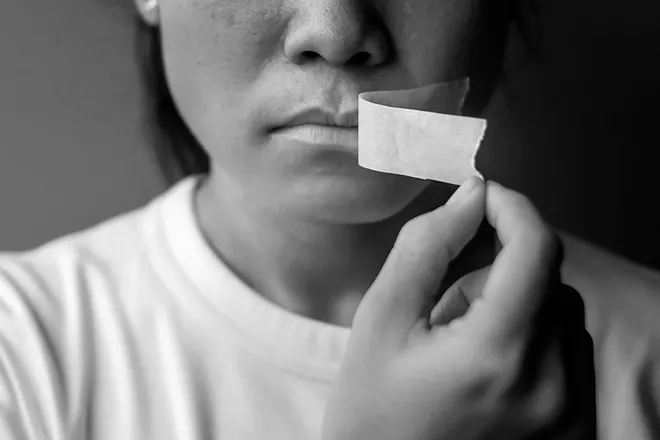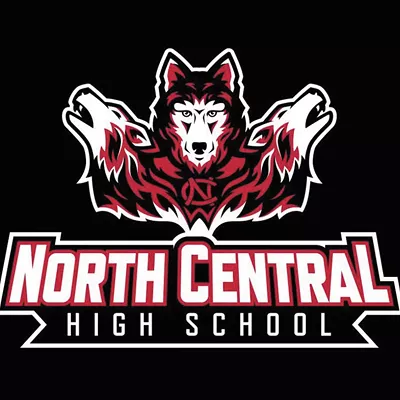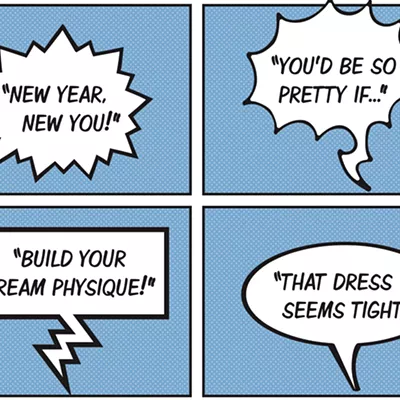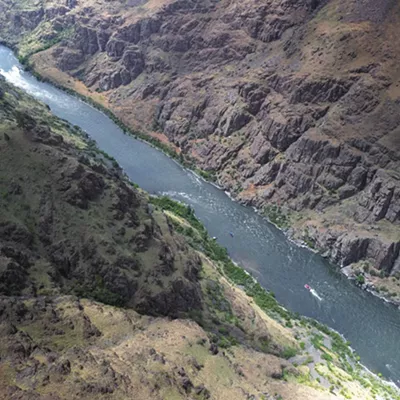This story was going to be about Tom and Tom, self-proclaimed "old White guys," who drove into where I was camping to ask about salmon fishing. I was going to tell you how they drove so close I could feel the heat from their car's engine. I was going to tell you that after a brief conversation, Tom said, "It's pretty unfair that Indians get a special fishing season." And when I challenged his idea of unfairness, he said, "It's not like Indians experience any real racism." I was alone, you'll remember, but not really, because I remember I was surrounded by relatives, so like the ponderosa I leaned against, I held my ground. Even when Tom said, "It's hard to tell who's Indian. Black people are so much easier to spot."
I was also going to write about another White man I met at an outdoor recreation event. He had on a T-shirt that read Public Land Owner. He said, "You can almost imagine Indians lived here 800 years ago." I said, "We still do." And he said, "I mean historical Indians." I reminded him that in 1855, just 50 years before Native homelands also became Public Lands, Native people lived freely here and had for nearly 16,000 years. Public Land Owner folded his arms, "We've been here longer than that." The royal we, I assumed.
That latter exchange I shared on social media. I felt threatened by Tom and Tom and erased by the man claiming to protect heritage and not knowing the word's full meaning. So I shared the story because I believe we learn from stories — both telling them and hearing them. And I believe writing is a way of proving and ensuring we do exist. And I didn't want to feel alone. Singled out. The response was immense. Native friends gave the written equivalent of a clenched fist raised, and savvy non-Native friends offered statements in various head shakes and sighs.
But there were objections. And they came from a handful of older, White writers.
One man told me that I was turning off my audience. Another proffered it was time to start telling our stories in new ways, "without judgment, with compassion." When I challenged this publicly, he moved the conversation to private. There, he began by touting respect for me and then vented his frustration about constantly being turned down by Native people when he asked for their stories... so he could write them.
A woman sent me an email that told of her recent repulsion to an ugly person and how she made it an opportunity for her own growth. She suggested that maybe I should let people be people and have their own lives, and I, too, would grow. She said it wasn't enough to complain. When I wrote a lengthy response back about how isolation and erasure do not create community, she said she was busy and would reply later. She never has.
You see, don't you, how colonialism works? How writers of color are told they must write if they are to be heard?
Before Tom and Tom told me how kind I had been and backed their car out of my campsite, Tom said, "We all just have to start being equal." Sure, Tom, as long as those who have traditionally not had the voicerightsprivilegepositionstage get to define equality.
You see, don't you, how colonialism works? How writers of color are told they must write if they are to be heard?
This column started out to be the story of two encounters. It was just going to be about rights, about land. About fairness. The metaphor might have been the myriad ways Native people are still being erased by people who uphold a system bent on oppression while professing equality. I wanted to show you who the others are. But perhaps it is more critical for me to show you the ways writers of color are silenced. How we must bend our speech if we are to be heard in the master's court. How we must come with hands full of empathy and education to give to those who expect both given them freely. And then how we hope they accept it.
And that's bullshit.
Maybe rather than merely knowing our audience, it is time to start challenging them. Maybe a challenged audience needs to sit in discomfort, resist asking for more palatable narratives, and stop defending the ignorance of their ilk. Maybe this way, Native people and all historically underrepresented writers can start telling their stories in a way that empowers the writer themselves. ♦
CMarie Fuhrman is the author of Camped Beneath the Dam: Poems (Floodgate 2020) and co-editor of Native Voices (Tupelo 2019). She has published poetry and nonfiction in multiple journals including Emergence Magazine, Yellow Medicine Review, Cutthroat a Journal of the Arts, Whitefish Review, Platform Review, Poetry Northwest, as well as several anthologies. Fuhrman resides in the mountains of West Central Idaho.

























